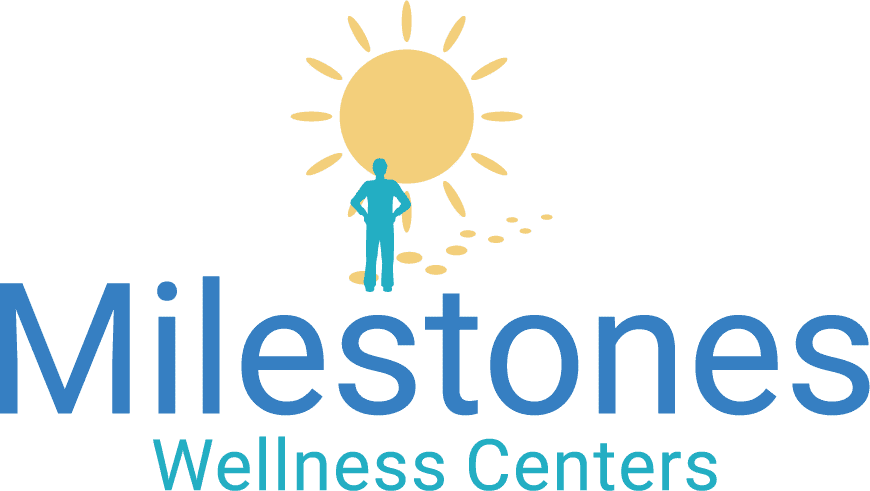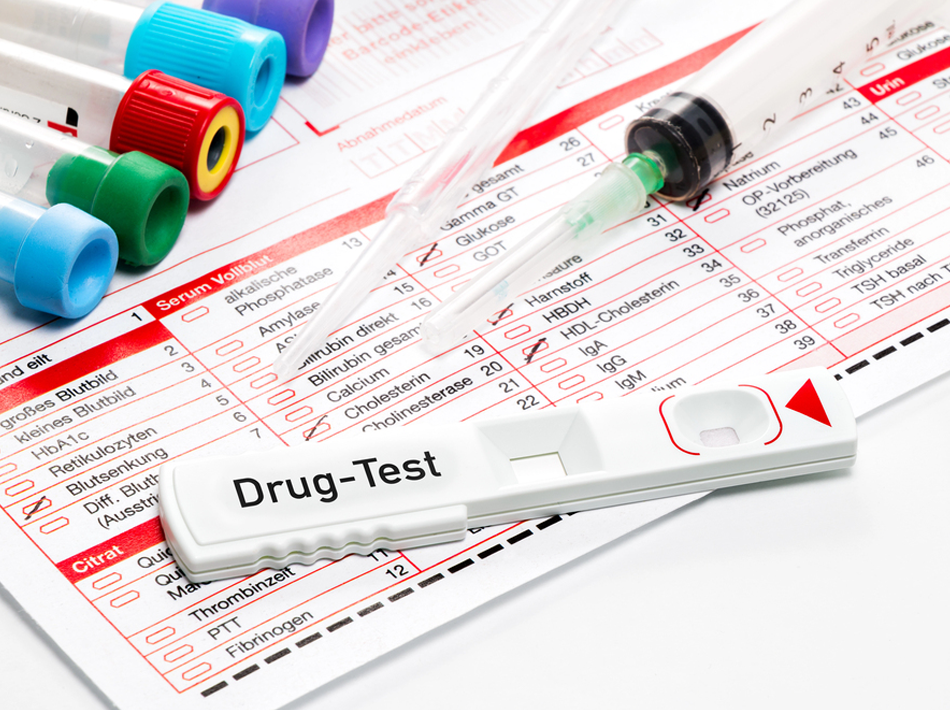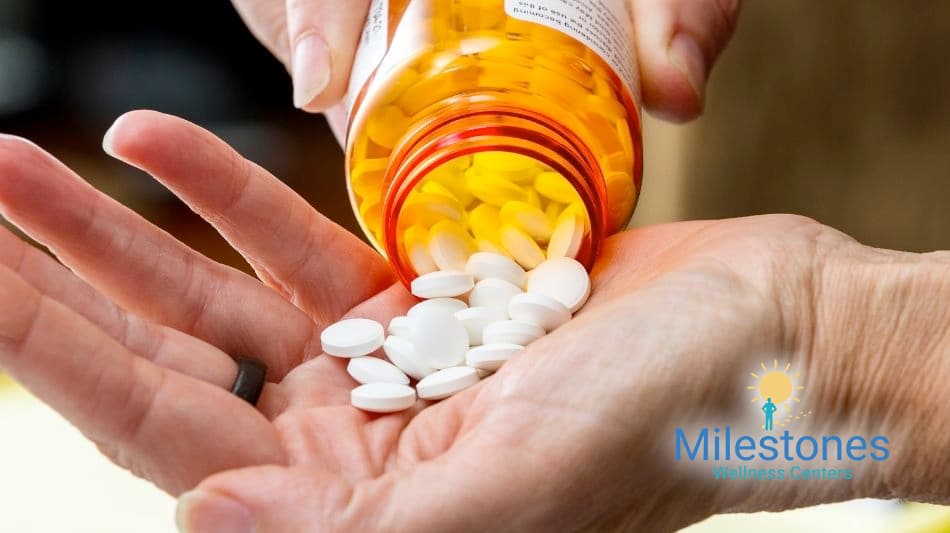Many individuals worry about the accuracy of drug tests, especially when undergoing treatment for opioid dependence with Suboxone. False positives can create significant stress and complications for people striving toward recovery and for healthcare providers working diligently to support them.
This guide sheds light on “What can cause a false positive drug test for suboxone” and offers clarity for individuals, families, and healthcare professionals. Explore common culprits and learn how to navigate this challenging aspect of addiction treatment.
What Can Cause a False Positive Drug Test for Suboxone
Certain everyday substances possess the capacity to interact with drug screening assays and yield unexpected positive results for Suboxone. Medications like some antidepressants, specifically selective serotonin reuptake inhibitors, can sometimes trigger a false positive on less specific tests.
Over-the-counter antihistamines, frequently used to alleviate allergy symptoms, also have the potential to cause similar inaccuracies in preliminary screenings. These interactions occur because the chemical structures of these substances bear similarities to the compounds the tests are designed to detect.
Consequently, a person who has never used Suboxone might receive an incorrect positive result due to the presence of these other medications in their system.
How Drug Tests Can Mistakenly Detect Suboxone
Drug tests, while generally reliable, sometimes lack the precision to differentiate between structurally similar compounds, leading to the mistaken identification of Suboxone.
Immunoassays, a common type of drug screening, rely on antibodies that bind to specific substances. However, these antibodies can occasionally bind to other substances with comparable structures. This cross-reactivity results in a false positive, where the test indicates the presence of Suboxone even when the individual has not taken it.
The sensitivity and specificity of the particular test used by a laboratory play a significant role in the likelihood of such errors occurring. Laboratories must employ rigorous quality control measures to minimize these instances of misidentification.
Steps to Challenge a False Positive Suboxone Result
Individuals who receive a positive Suboxone result on a drug test and believe it to be inaccurate possess the right to challenge these findings through established protocols.
The initial step typically involves communicating directly with the testing facility or the healthcare provider who ordered the test to express concerns about the result. Requesting a confirmation test, often a more sophisticated method like gas chromatography-mass spectrometry (GC-MS) or liquid chromatography-mass spectrometry (LC-MS), provides a more definitive analysis.
These advanced techniques separate and identify substances with greater accuracy. They effectively rule out false positives caused by cross-reactivity with other medications. Maintaining thorough documentation of any medications or over-the-counter products taken before the test can significantly aid in this process of challenging an incorrect result.
Lab Tests That Confirm or Dispute Suboxone Findings
Laboratories utilize various analytical techniques to either confirm the presence of Suboxone or definitively rule out a false positive result obtained from an initial screening.
Gas chromatography-mass spectrometry stands out as a highly accurate method. It separates different compounds in a sample and then identifies them based on their mass-to-charge ratio. Liquid chromatography-mass spectrometry offers another powerful confirmatory approach, particularly useful for detecting substances that are not easily vaporized.
These tests provide a detailed chemical fingerprint of the sample and allow for precise identification of Suboxone and differentiation from other substances that might have triggered a false positive on an initial immunoassay. Healthcare professionals rely on these robust laboratory analyses to guarantee accurate diagnoses and appropriate treatment plans for individuals facing addiction.
Find Reliable Suboxone Treatment at Milestones Wellness Center
Concerns about a false positive for Suboxone on a drug test should not deter you from seeking the help you deserve for opioid dependence.
Milestones Wellness Center provides comprehensive and confidential addiction treatment services, including expert Suboxone treatment designed to support you throughout your recovery journey.
Our skilled team understands the complexities of addiction and is dedicated to offering compassionate care and effective strategies to help you overcome dependence. Serving individuals across Ohio, West Virginia, and Pennsylvania, Milestones Wellness Center is committed to your well-being every step of the way.
Contact us today.





